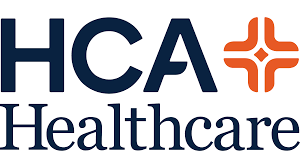October 28, 2021 – The American Institute of CPAs (AICPA) has sent a letter to Congressional leadership on the Senate Finance Committee and the House Ways & Means Committee concerning a provision of the Infrastructure Investment and Jobs Act which, if enacted, would terminate the employee retention credit by sunsetting its benefits three months early, effective October 1, 2021.
With October 1st behind us, pending legislation such as this can be very confusing to taxpayers and their advisors. When Congress passed the employee retention credit (ERC) as part of a larger COVID relief package nearly two years ago, they did so in an effort to help businesses pull through the pandemic and boost our nation’s economic recovery. This benefit was intended to sunset at the end of 2021.
If pending legislation moves to enactment, creating a retroactive sunset, the AICPA recommends that there be a committee report directive to the IRS and Treasury to waive any penalties and provide a reasonable, practical method for payment of unpaid employment taxes.
“Many do not understand that the credit continues to be available, and others are reluctant to take advantage of the credit by reducing current payroll tax deposits, fearing that it may be retroactively repealed and penalties for failure to deposit taxes may apply,” the AICPA says in the letter.
“It is vital that business owners and their advisors understand what the passage of this legislation will mean for them and their businesses,” said AICPA Vice President of Taxation Edward Karl, CPA, CGMA. “Fairness and administrability would dictate that taxpayers not be penalized for taking advantage of a tax provision that was clearly available to them in the law.”
About the American Institute of CPAs
The American Institute of CPAs® (AICPA®) is the world’s largest member association representing the CPA profession, with more than 428,000 members in the United States and worldwide, and a history of serving the public interest since 1887. AICPA members represent many areas of practice, including business and industry, public practice, government, education and consulting. The AICPA sets ethical standards for its members and U.S. auditing standards for private companies, not-for-profit organizations, and federal, state and local governments. It develops and grades the Uniform CPA Examination, offers specialized credentials, builds the pipeline of future talent and drives continuing education to advance the vitality, relevance and quality of the profession.



























